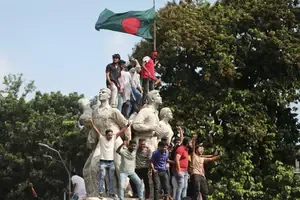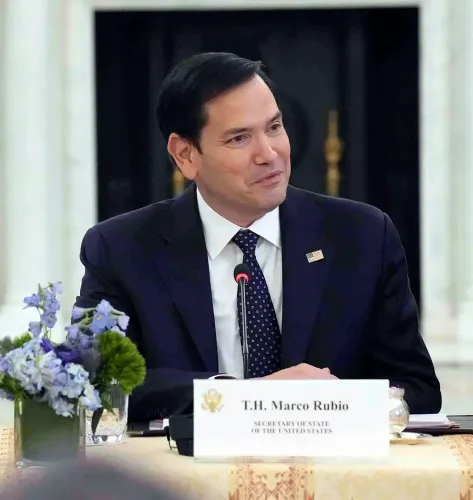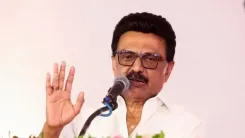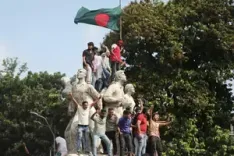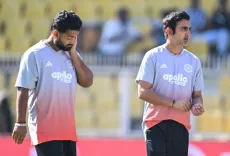Did Israel Eliminate Nine Key Iranian Nuclear Scientists?
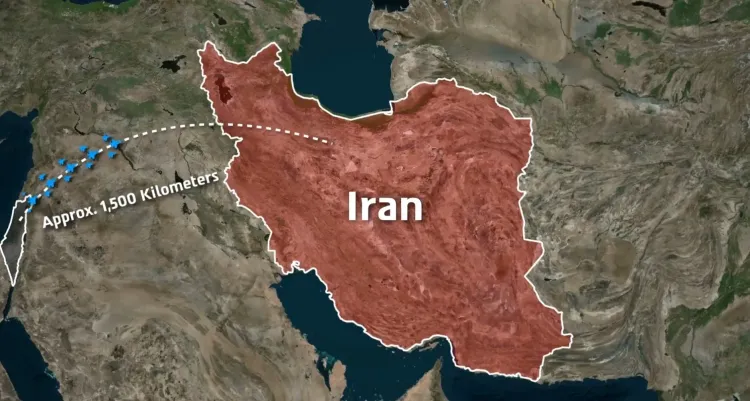
Synopsis
Key Takeaways
- Israel's military operation targets key Iranian nuclear scientists.
- Operation viewed as a significant setback to Iran's nuclear ambitions.
- Years of intelligence gathering led to the strikes.
- The operation raises concerns about regional stability.
- The scientists killed were seen as successors to the late Mohsen Fakhrizadeh.
Tel Aviv, June 14 (NationPress) - The Israeli Defence Forces (IDF) reported on Saturday the successful elimination of nine Iranian nuclear scientists in the initial stages of its military operation targeting Iran's nuclear program, which commenced early Friday.
Detailing the operation, the IDF characterized it as a significant setback to Iran's nuclear aspirations.
As per the IDF's assertions, these nine scientists played crucial roles in propelling Iran's nuclear weapon acquisition efforts.
"All the eliminated scientists and experts were vital reservoirs of knowledge in the Iranian nuclear initiative, possessing decades of collective experience in nuclear weapon development," the military noted.
The individuals killed in the strikes were recognized as Fereydoon Abbasi, a nuclear engineering authority; Mohammad Mehdi Tehranchi, a physicist; Akbar Motalebi Zadeh, a chemical engineering specialist; Saeed Barji, a materials engineering expert; Amir Hassan Fakhahi, a physicist; Abd al-Hamid Minoushehr, a reactor physics expert; Mansour Asgari, a physicist; Ahmad Reza Zolfaghari Daryani, a nuclear engineer; and Ali Bakhouei Katirimi, a mechanical specialist.
The IDF acknowledged that many of them were viewed as successors to Mohsen Fakhrizadeh, the late nuclear scientist often referred to as the "father of the Iranian nuclear project," who was assassinated in 2020.
In a coordinated series of airstrikes on Tehran on Friday morning, the IDF stated that these scientists were eliminated alongside dozens of senior military leaders, including six high-ranking officials.
The IDF indicated these strikes were the culmination of years of covert intelligence operations focused on top nuclear experts in Iran.
"The removal of these scientists was facilitated by extensive intelligence analysis that escalated over the past year as part of a classified and compartmentalized IDF strategy," the IDF explained.
It further elaborated that numerous intelligence researchers had dedicated years to tracking pivotal figures within Iran's nuclear framework.


